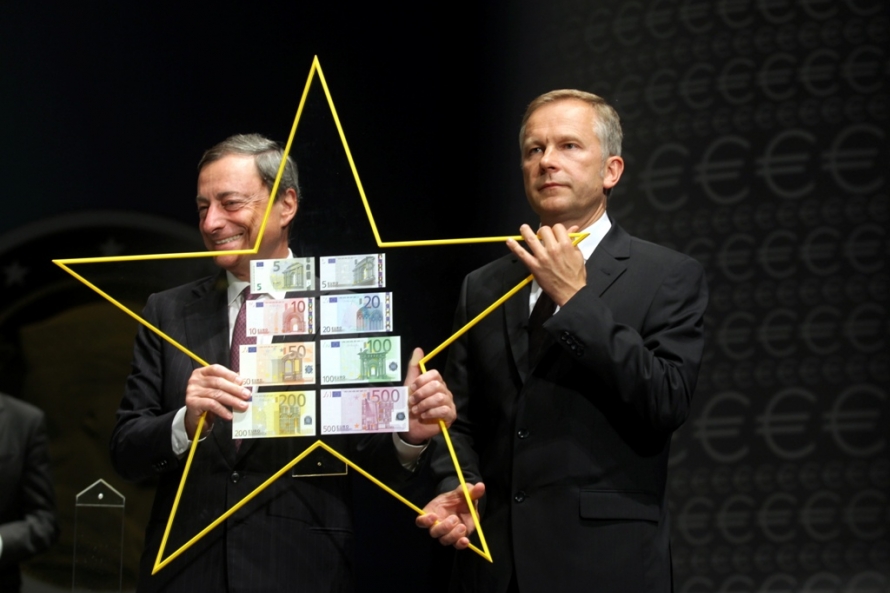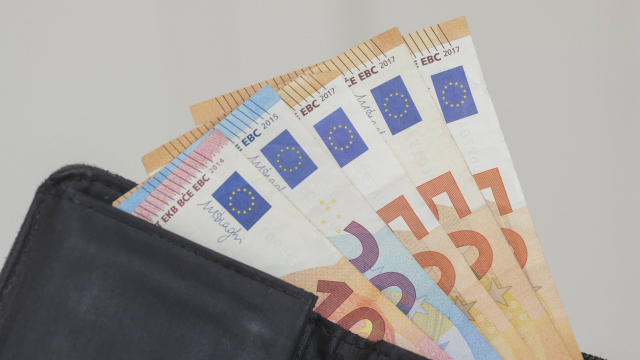The euro currency fell to its lowest exchange rate against the US dollar in eleven years after Greece voted in an extreme leftist government Sunday.
The Bank of Latvia president said these trends shouldn’t cause concern among residents. Latvian exporters are enjoying the more favorable conditions for dealing in other currencies. In addition, lower oil prices are trickling into the energy markets, he said.
For the consumer, too, “all things are good,” Rimšēvics claimed, despite the euro’s downslide in value being a well-known given.
Asked whether the eurozone might seek compromise solutions with the winners of the Greek elections, he answered that compromises would be sought in the coming days, weeks and months. In his view, the new leader of Greece’s government knows very well that his promise to achieve a debt write-off is “an unreal thing.”
He said he understands Greek society’s “fiscal consolidation fatigue.” If Greece had tried to consolidate faster within a two-and-a-half year period rather than extended to six years, they would be enjoying the fruits of a success story too, Rimšēvics believes. Though the people of Greece may not have voted for an exit from the eurozone, they do want peace and stability to finally prevail there, he said. With the government having dilly-dallied and taken its time, life for people in Greece became more and more difficult each year.































